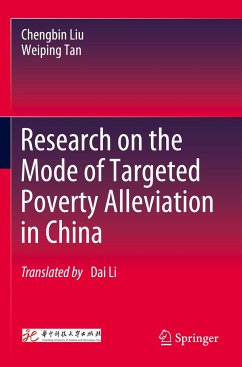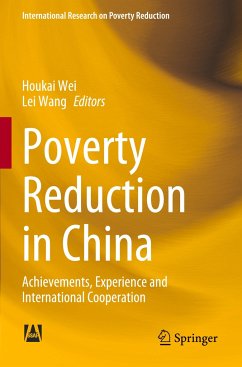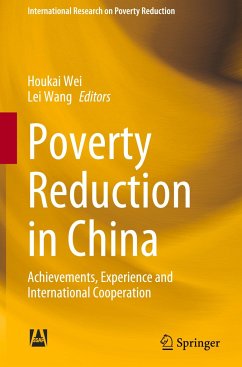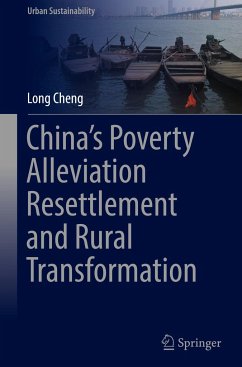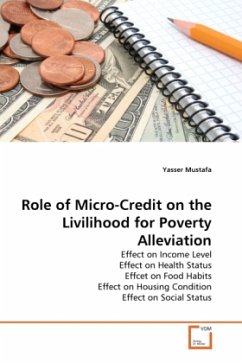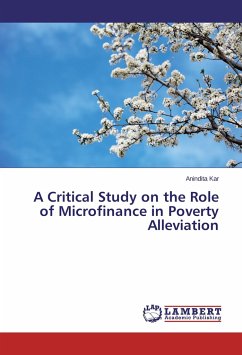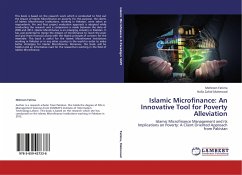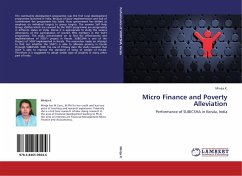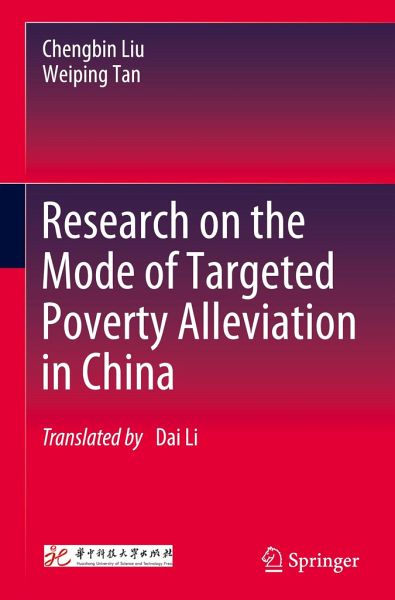
Research on the Mode of Targeted Poverty Alleviation in China
Versandkostenfrei!
Versandfertig in 6-10 Tagen
91,99 €
inkl. MwSt.
Weitere Ausgaben:

PAYBACK Punkte
46 °P sammeln!
This book conducts systematic theoretical research on the social mechanism running system based on China's targeted poverty alleviation model and poverty reduction experience. In light of the theories of Parsons' structural functionalism, Luhmann's social system theory, and Merton's structural functionalism, this book puts forward the "coupling" theory of China's targeted poverty alleviation strategy. From the theoretical level, the operation process of poverty reduction policy is a complex social system. The "coupling" theory of China's targeted poverty alleviation strategy is mainly a theore...
This book conducts systematic theoretical research on the social mechanism running system based on China's targeted poverty alleviation model and poverty reduction experience. In light of the theories of Parsons' structural functionalism, Luhmann's social system theory, and Merton's structural functionalism, this book puts forward the "coupling" theory of China's targeted poverty alleviation strategy. From the theoretical level, the operation process of poverty reduction policy is a complex social system. The "coupling" theory of China's targeted poverty alleviation strategy is mainly a theoretical innovation for the general expression of China's targeted poverty alleviation model. In terms of the design and running process of the targeted poverty alleviation strategy, the multilevelness of antipoverty and the heterogeneity of poverty objects reflect the complexity of poverty reduction, which displays systematic complexity in the structural evolution and functional differentiation of poverty reduction, as well as the evolution of the subjective intention of poverty objects. Therefore, this book conducts a "systematic" analysis of the implementation conditions and operation process of targeted poverty alleviation from the perspective of "coupling," presenting a social practice mechanism in which multiple systems coordinate and interact with each other, the poverty reduction system is continuously optimized, and policy effectiveness is continuously improved in China's poverty reduction practice.



